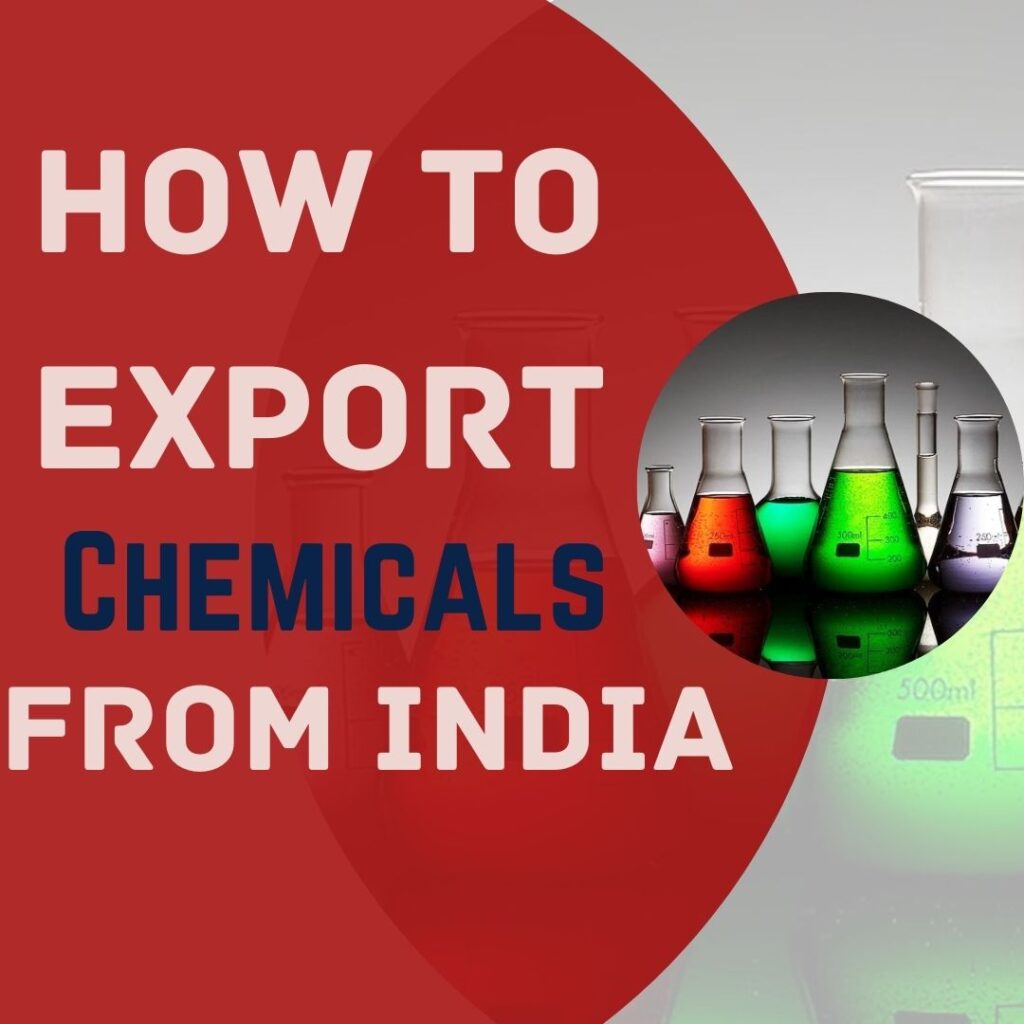Initial Steps:
Market Research: Identify the chemicals you want to export and research the demand, competition, and regulations in the target market.
Legal Requirements: Obtain necessary licenses and registrations. Chemical exports often require specific permits and compliance with international regulations (like REACH in the EU).
Export Process:
Register as an Exporter: Obtain an Import Export Code (IEC) from the Directorate General of Foreign Trade (DGFT).
Product Classification: Classify your chemicals using the Harmonized System (HS) codes for international trade. This helps in determining tariffs and customs duties.
Quality Standards: Ensure your products meet quality standards set by both India and the destination country. Get certifications if necessary (e.g., ISO certifications).
Packaging and Labeling: Package your chemicals safely and appropriately. Labels must comply with international regulations, including information on content, safety, and handling.
Documentation: Prepare necessary export documents such as commercial invoices, packing lists, certificates of origin, and any specific documents required by the importing country.
Shipping Arrangements: Choose a reliable freight forwarder or shipping company experienced in chemical transportation. Decide on transportation mode (sea, air, land) based on the nature of the chemicals.
Customs Clearance: Ensure compliance with customs regulations in both India and the importing country. Submit required documentation and pay applicable duties and taxes.
Considerations:
Market Entry Strategy: Decide on your market entry strategy, whether it’s direct sales, working through distributors, or partnering with local businesses.
Risk Management: Understand the risks involved in chemical exports, including regulatory, environmental, and safety concerns.
Building Relationships: Cultivate relationships with potential buyers, distributors, and regulatory bodies to facilitate smoother exports.
Payment Terms: Decide on payment terms with your international buyers, considering factors like currency, methods of payment, and risk mitigation.
Insurance: Insure your shipments against loss, damage, or other unforeseen circumstances during transit.
Remember, each chemical may have specific regulations and requirements for export, so it’s crucial to research thoroughly and comply with all relevant laws and standards.
It’s advisable to consult with experts, trade associations, or legal advisors specializing in international trade to ensure compliance with regulations and to streamline the export process.



